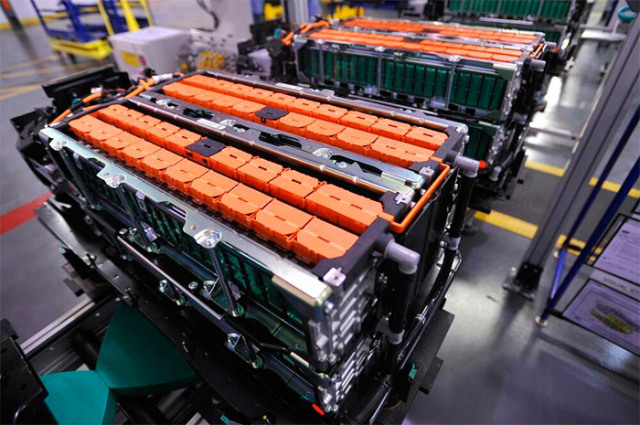Rosatom plans to build a plant in the Kaliningrad Region for the production of lithium-ion cells and batteries with a total capacity of about 4 GWh per year, which will start operating in 2025 and will meet the needs of Russian automakers in traction batteries.
Kaliningrad plant "Avtotor" continues to prepare for the production of electric vehicles. Earlier, Avtotor, the Ministry of Industry and Trade of the Russian Federation, Rosatom State Corporation and the government of the Kaliningrad Region signed an agreement on cooperation: The parties agreed to direct joint efforts to organize and develop the production of electric vehicles and domestic traction batteries, modules and cells based on modern intelligent technologies in the Kaliningrad region.
The government of the Kaliningrad region will contribute to the creation of charging infrastructure, increase the share of electric passenger transport and improve the investment climate of the region — it plans to increase the number of electric vehicles and other vehicles with a low-carbon footprint purchased in the region to 50%.
Rosatom plans to build a plant in the Kaliningrad Region for the production of lithium-ion cells and batteries with a total capacity of about 4 GWh per year, which will start operating in 2025 and will meet the needs of Russian automakers in traction batteries. Lithium-ion batteries of the Russian company will be used in electric buses, electric vehicles, special equipment, and the company will also produce stationary energy storage systems used in the power grid complex and industrial enterprises to ensure uninterrupted power supply and cover load peaks.
Avtotor intends to organize the production of electric vehicles in Russia using batteries manufactured by RENERA. The implementation is planned in three stages: the beginning of 2024 — the launch of production and the release of a pilot batch, the development of the production of charging stations, until 2025 — the expansion of the model range of manufactured electric vehicles, localization of its components, until 2030 — an increase in the production of electric vehicles and their localization.
As noted, the agreement is closely related to the implementation of the Concept for the development of production and use of electric transport in Russia until 2030. It is aimed at import substitution, increasing economic efficiency in the creation of highly localized competitive products of Russian production and meets the priorities of the development of production and use of electric motor transport in the Russian Federation.

